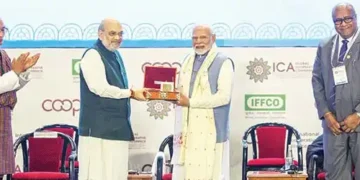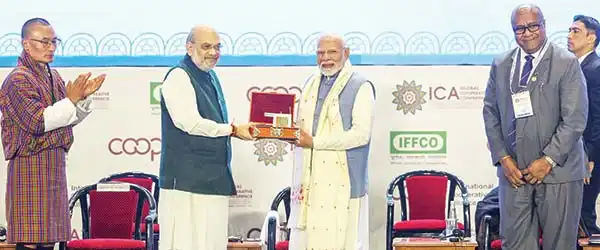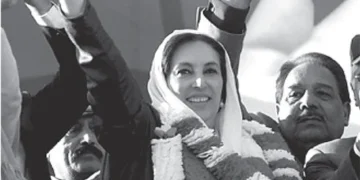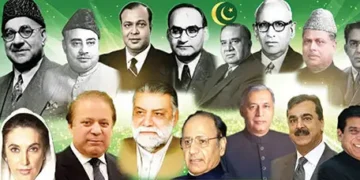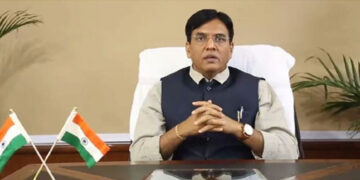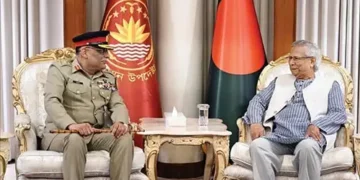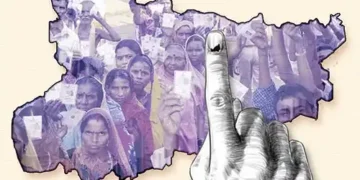AK Sharma
EMPHASISING the centuries-old culture of India, Prime Minister Narendra Modi said, “for the world, cooperatives are a model but for India, it is the basis of culture, a way of life.”
Inaugurating the ICA Global Cooperative Conference 2024 at Bharat Mandapam in New Delhi on November 25, PM Modi said it has been said in our Vedas that we all must walk together and speak in unison, whereas our Upanishads tell us to live peacefully, teaching us the importance of coexistence, a value which is also integral to the Indian families and similarly to that of the origin of co-operatives.
Noting that even India’s freedom struggle was inspired by the cooperatives, he remarked that it not only gave economic empowerment but also gave a social platform for the freedom fighters. He added that the Gram Swaraj movement of Mahatma Gandhi gave fresh impetus to community participation and started a new revolution with the help of cooperatives of khadi and village industries.
PM Modi said the cooperatives have helped khadi and village industries to move ahead of big brands in competition. He noted that Sardar Patel united the farmers using milk cooperatives and gave a new direction to the independence struggle. “Amul, a product of India’s Independence struggle, is one amongst the top global food brands”, said PM Modi, adding that co-operatives in India have travelled from idea to movement, from movement to revolution and from revolution to empowerment.
The Prime Minister said today we are working towards making India a developed country by bringing together governance with cooperativism. “Today, India has eight lakh cooperative committees, meaning that the world’s every fourth committee is in India,” he said, adding that their range is as diverse and wide as their numbers.
He underlined that cooperatives cover almost 98 per cent of rural India. “About 30 crore people, meaning one out of every five Indians is associated with the cooperative sector,” he said. Highlighting that both urban and housing cooperatives have expanded a lot in India, the PM said cooperatives play a huge role in the sugar, fertilisers, fisheries and milk production industries.
PM Modi said there are about two lakh cooperative societies in the country. Highlighting a significant stride made in strengthening India’s co-operative banking sector, he said over Rs 12 lakh crore is now deposited in co-operative banks.
“Our Government has implemented several reforms to enhance the co-operative banking system, including bringing them under the purview of the Reserve Bank of India and increasing deposit insurance coverage to Rs 5 lakh per depositor,” the Prime Minister stated. He also noted the expansion of greater competitiveness and transparency, adding that these reforms have helped position Indian cooperative banks as more secure and efficient financial institutions. “India sees a huge role of cooperatives in its future growth”, said the Prime Minister.
Therefore, he added, that in the past years, the Government had worked to transform the entire ecosystem related to cooperatives through multiple reforms. He further added that the Government’s effort was to make co-operative societies multipurpose. The PM remarked the Government created a separate Cooperative Ministry with this goal in mind.
Highlighting that women’s participation was going to be a major factor in global growth in this century, the Prime Minister said, “Our effort is to increase the participation of women in the management of cooperatives.” He added that the Government had amended the Multi-State Cooperative Society Act and had made it mandatory to have women Directors on the Board of multi-state societies. Earlier, in his opening remarks, PM Modi welcomed Bhutan PM Dasho Tshering Tobgay; Fiji’s Deputy PM Manoa Kamikamica; Shombi Sharp, Resident Coordinator of UN in India; Ariel Guarco, President of ICA; and dignitaries from abroad.
The Prime Minister also launched a commemorative postal stamp, symbolising India’s commitment to the cooperative movement.
